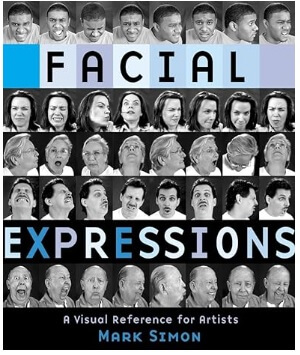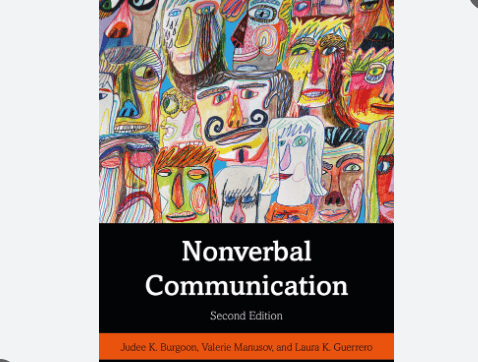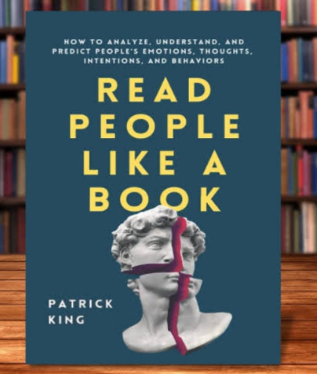Bdelygmia
Bdelygmia (derives from Greek, meaning “disgust” or “filth”), is a rhetorical technique with a litany of abusive words; used to express disgust or hatred of a character, an idea or a course of action. The term is pronounced /Deli:gmi:a/ with the initial letter 'b' silenced.

- How the Grinch Stole Christmas!Opens in new window is an iconic piece of literature that uses the rhetorical device of bdelygmia to portray the main character, Mr. Grinch, as a terrible person | Credit Wikipedia
In comparison with other rhetorical devices, bdelygmia is not considered a very sophisticated appeal to emotion. As an appeal to pathos, effective bdelygmia employs strong language and knowledge of the intended. However, if gone about in the wrong way, employing bdelygmia in rhetoric can have severe repercussions, making the speaker seem intolerant and offensive.
Rhetoric is used by politicians to instigate discourse between two opposing groups. Bdelygmia has a commonplace in political rhetoric because of the strong emotions evoked by the topics politicians often debate upon. — (Courtesy: Wikipedia)
Examples of Bdelygmia in Political Settings
Usually when political opponents counteract each other chances of success, they tend to associate their rival's shortcoming with negative connotations.
Lynette HunterOpens in new window describes rhetorical violence in politics as a way to persuade people through the negative criticism of another rather than through physical force — when, for example, one party, through their criticisms and/or expressions of hatred, persuades a group to believe that the other party is treacherous. This is demonstrated in the expression below:
- The Republicans are not stupid. They tagged the liberals as “latte-drinking, Volvo-driving, school-busing, fetus-killing, tree-hugging, gun-fearing, morally relativist and secularly humanist so-called liberal elitists”, as commentator Jason Epstein described it; soft on communism, soft on crime, opposed to capital punishment, and soft on the new war on terrorism...
— Mort Zuckerman, 6 June 2005.
Disgusted by viral reports of John Edwards' $400 Beverly Hills haircut, Leonard Pitts, the Miami Herald columnistOpens in new window expressed his dissapointment at the ostentatious lifestyle of modern politicians:
- I do know a con when I see one. And in politics, I see them all the time.
We are courted by blow-dried, focus-grouped, stage-managed, photo-opped, sloganeering, false-smiling, hand-clasping, back-slapping would-be leaders who say they feel our pain and understand our concerns and maybe sometimes they do, but all too often, it seems they feel little and understand less.
Superficiality gleams in their perfect teeth and scripted lines. They work hard to make style look just like substance.
Example in Literature
How the Grinch Stole Christmas!Opens in new window is a great example in literature where bdelygmia is used to denote the main character, Mr. Grinch, as a bad person. Words like "foul" and "nasty" are used to denote him as such:
- You're a foul one, Mr. Grinch,
You're a nasty wasty skunk,
Your heart is full of unwashed socks,
your soul is full of gunk, Mr. Grinch.
The three words that best describe you are as follows, and I quote,
“Stink, stank, stunk”
| Important Hint! |
|---|
This figure can appear in many forms including abusive description of a character or his/her attributes, or by strong and inappropriate critique. This device is one which would stand consistent with an appeal to Pathos. If one has the desire to move his audience emotionally it is sometimes best to express like emotion toward a view or individual. Bdelygmia is a synonym of abominatio. — (Gregory T. Howard, Dictionary Of Rhetorical Terms) |
























